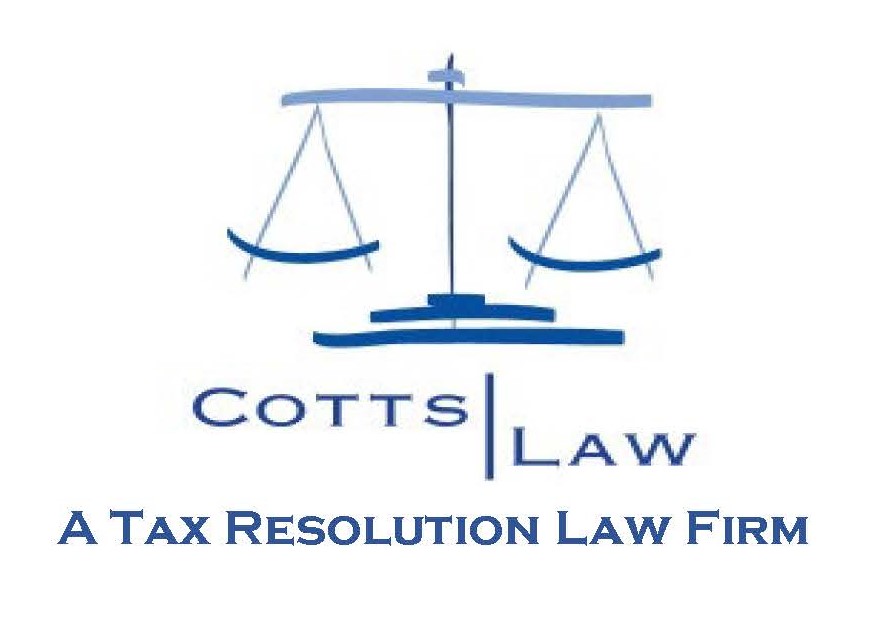An IRS bank levy isn’t a surprise attack. Long before the money leaves your account, the IRS has sent notices, assessed your balance, and given you the chance to respond. If they proceed anyway, it’s because they believe you’ve ignored or refused to resolve the debt.
Once issued, the levy forces your bank to freeze your funds. After a 21-day holding period, those funds are sent to the IRS. This can disrupt your personal finances, your business operations, or both — sometimes with devastating results.
At COTTS Law, we help clients stop or release bank levies by opening a direct dialogue with the IRS. This can involve negotiating an installment agreement, demonstrating financial hardship, or arranging for an Offer in Compromise. Each case requires careful review of your tax records and financial standing.
Bank levies are often the final step before the IRS shifts to more severe enforcement. If you’ve been notified — or your funds are already frozen — call COTTS Law immediately so we can start protecting your assets.







